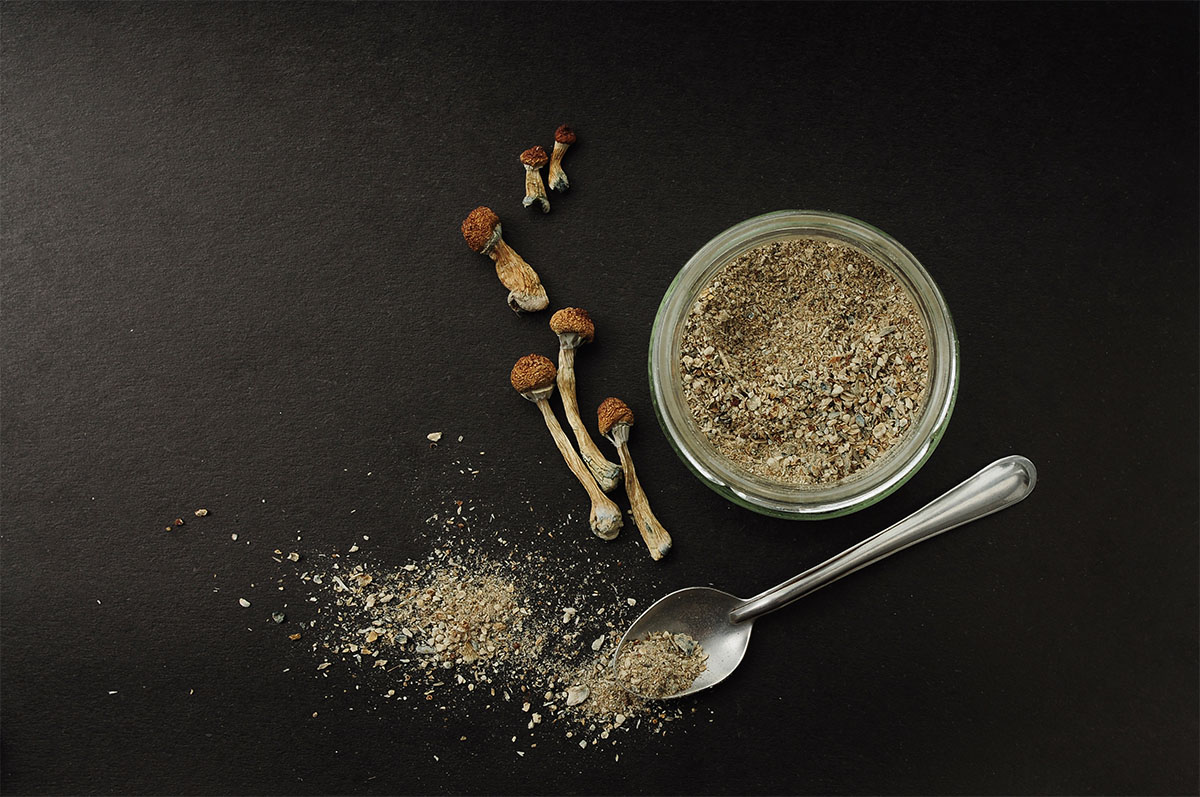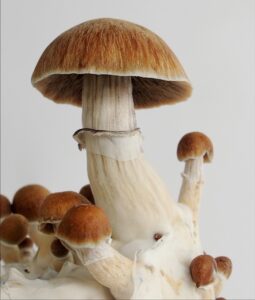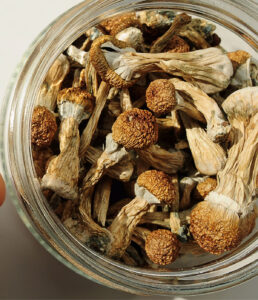
Summary of article by Laura Newberry, published in the LA Times, on March 13, 2023.
Psilocybin, the psychoactive compound found in “magic mushrooms,” is making headlines once again for its potential therapeutic benefits. While the drug has been used for centuries by indigenous cultures in spiritual and healing ceremonies, modern Western medicine is just starting to explore its therapeutic potential.
Researchers are investigating the use of psilocybin as a treatment for a range of mental health conditions, including depression, anxiety, and addiction. Some studies have shown promising results, with patients reporting a reduction in symptoms and an improved quality of life.
But the road to acceptance and legalization of psilocybin therapy is a long and winding one. As the Los Angeles Times reports, the therapy can be “gnarly and painful,” requiring patients to confront their deepest fears and traumas in a way that can be uncomfortable and emotionally challenging.
Psilocybin therapy typically involves a guided “trip” in which patients are given a controlled dose of the drug and guided through their experience by a trained therapist. The experience can be intense, with patients reporting feelings of ego dissolution, time distortion, and intense emotional experiences.
For many patients, the experience is transformative. They report a newfound sense of clarity and purpose, a feeling of being “reset” or “rebooted” mentally and emotionally. Some patients describe the experience as a “spiritual awakening.”
But the therapy is not without risks. In some cases, patients may experience negative side effects such as anxiety, paranoia, or psychotic episodes. For this reason, psilocybin therapy is not recommended for everyone, and careful screening is required to ensure that patients are suitable candidates.
Despite these risks, researchers and advocates argue that psilocybin therapy could be a game-changer for mental health treatment. Current treatments for depression and other mental health conditions are often ineffective, and patients may be left to struggle with their symptoms for years or even decades.
Psilocybin therapy offers a new approach, one that focuses on the underlying causes of mental health conditions rather than simply treating the symptoms. By confronting their deepest fears and traumas in a guided setting, patients may be able to gain a new perspective on their lives and find a path forward that is more fulfilling and rewarding.
But the road to acceptance and legalization of psilocybin therapy is not an easy one. Despite the promising results of some studies, the drug remains illegal in most parts of the world, and there is significant resistance to its use in mainstream medicine.
Advocates argue that this resistance is based on outdated attitudes and misinformation about the drug. They point to the long history of psilocybin use in indigenous cultures, as well as the growing body of research supporting its therapeutic potential.
Opponents, on the other hand, raise concerns about the risks of the therapy, as well as the potential for abuse and addiction. They argue that more research is needed to fully understand the risks and benefits of the drug before it can be widely adopted as a treatment option.
Despite these challenges, researchers and advocates are pressing ahead with their efforts to explore the therapeutic potential of psilocybin. Some researchers are even exploring the use of the drug as a treatment for conditions such as PTSD, which have traditionally been difficult to treat using conventional therapies.
Overall, the therapeutic potential of psilocybin is a topic of significant interest and debate in the medical community. While more research is needed to fully understand its risks and benefits, early results suggest that the drug could be a game-changer for mental health treatment. As attitudes towards psychedelic therapies continue to evolve, it will be interesting to see how this research progresses and whether psilocybin therapy becomes a widely accepted treatment option for mental health conditions.







